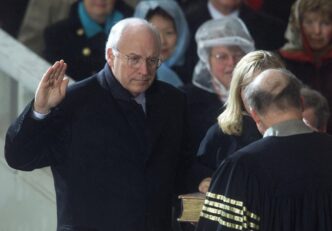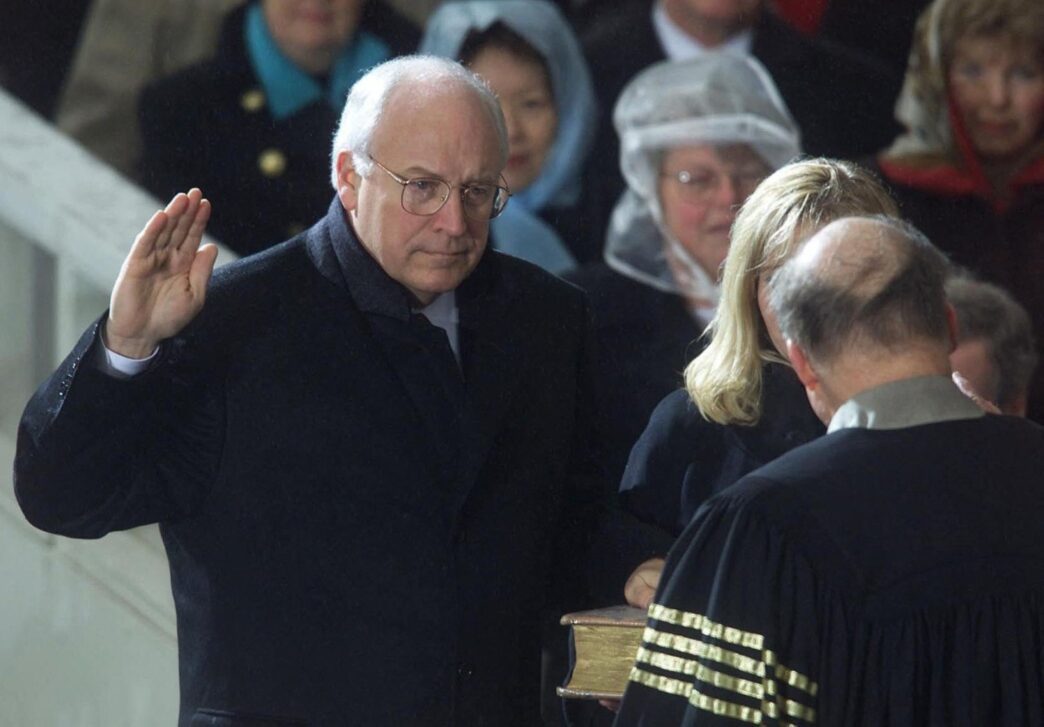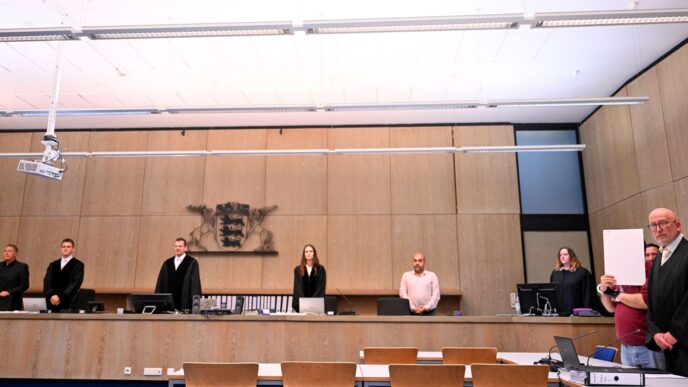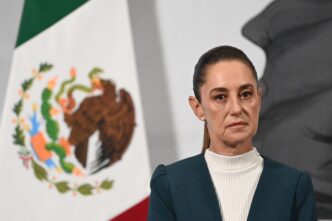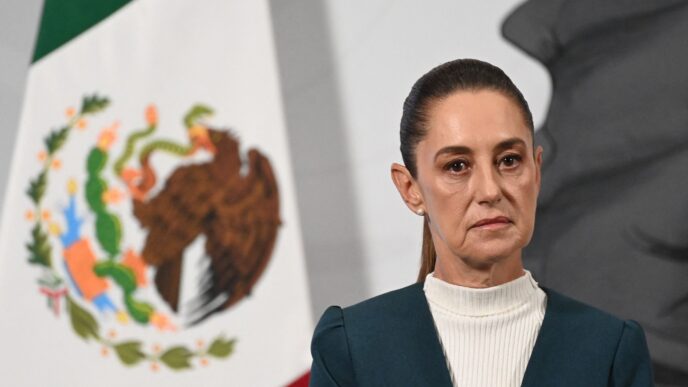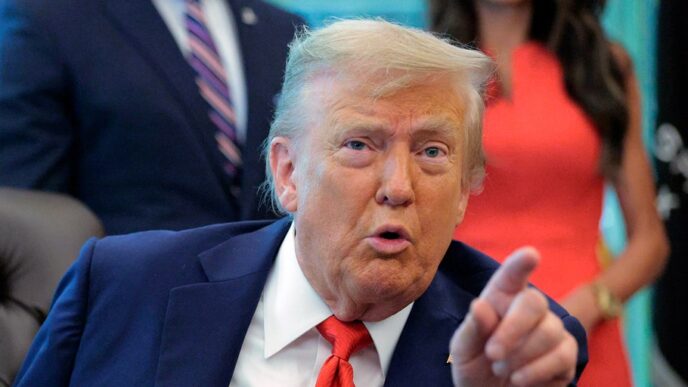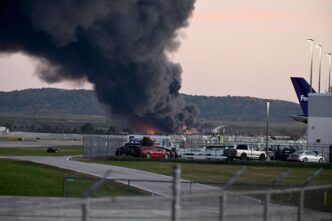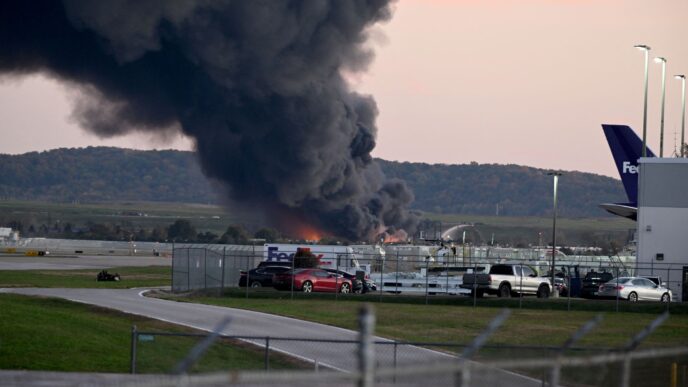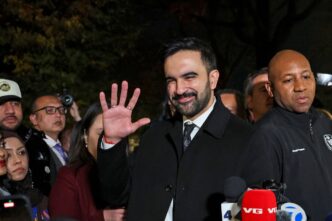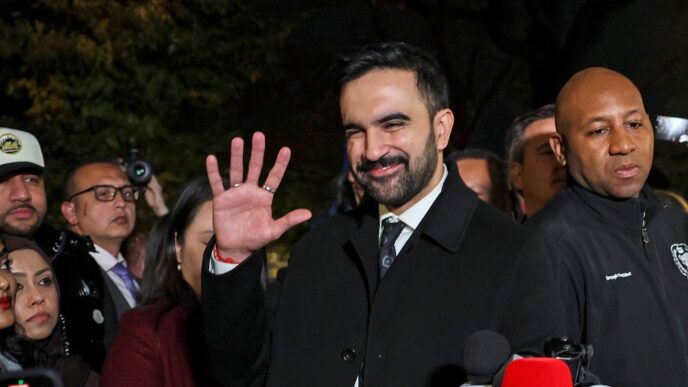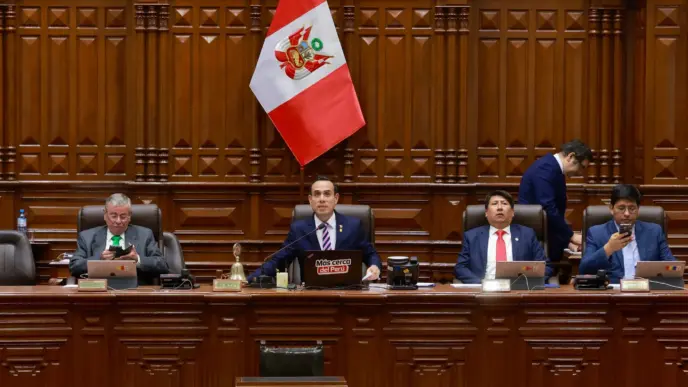Dick Cheney, who became one of the most influential vice presidents in US history as the second-in-command to George W. Bush during the events of 9/11 and the ensuing wars in Afghanistan and Iraq, passed away on Monday at the age of 84.
Cheney cultivated a powerful position in a role that is typically considered unremarkable and was viewed by many as a significant power behind the presidency as Bush led the nation into the so-called war on terror, which involved renditions, torture, and the controversial Guantanamo Bay prison.
A controversial figure for many on the left, he surprised many by later opposing Donald Trump’s bid to reclaim the presidency in 2024.
Liz Cheney, his daughter and a former congresswoman from Wyoming, revealed that her staunchly Republican father had cast his vote for Trump’s Democratic rival, Kamala Harris.
According to a family statement reported by US media, Cheney “died due to complications of pneumonia and cardiac and vascular disease.”
As the 46th vice president, Cheney served two terms from 2001 to 2009.
The vice presidency is often a frustrating endeavour for ambitious politicians, but Cheney’s political acumen allowed him significant influence behind the scenes. He championed an assertive interpretation of executive authority, advocating that the president should act with minimal constraints from Congress or the judiciary, especially in wartime. This stance contributed to Bush’s military entanglements in Afghanistan and Iraq and raised substantial concerns regarding civil liberties.
Born in Lincoln, Nebraska, on January 30, 1941, Cheney was raised in Wyoming. He enrolled in Yale University but left the renowned institution and ultimately obtained a political science degree from the University of Wyoming.
Cheney served for a decade in Congress as a representative for Wyoming before being appointed as defence secretary by George H.W. Bush in 1989.
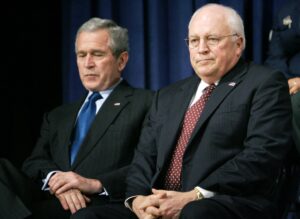
During his tenure at the Pentagon, Cheney oversaw operations during the 1990-91 Gulf War, where a coalition led by the US drove Iraqi forces out of Kuwait.
As vice president, Cheney infused his neoconservative beliefs into the White House and was more influential on significant policy decisions than many of his predecessors.
He is regarded as a pivotal advocate for the decision to invade Iraq after the Al-Qaeda attacks on September 11, 2001, in New York and Washington. His misguided assertions that Saddam Hussein possessed weapons of mass destruction fueled the push for war, leading up to the 2003 invasion.
Cheney was known for his unwavering loyalty to Bush and was perceived as his foreign policy advisor. Even with a tendency towards privacy, Cheney frequently caught media attention.
He once directed a profane remark at a senior Democratic senator on the Senate floor and was infamously involved in an accidental shooting of his friend Harry Whittington during a hunting excursion.
His career was marked by numerous health crises, primarily related to heart issues—he experienced five heart attacks between 1978 and 2010, including one in 2000, the same year he and Bush were elected to the presidency.
Cheney underwent quadruple bypass surgery and had a pacemaker installed in 2001, which was subsequently replaced.


 Trending
Trending 
